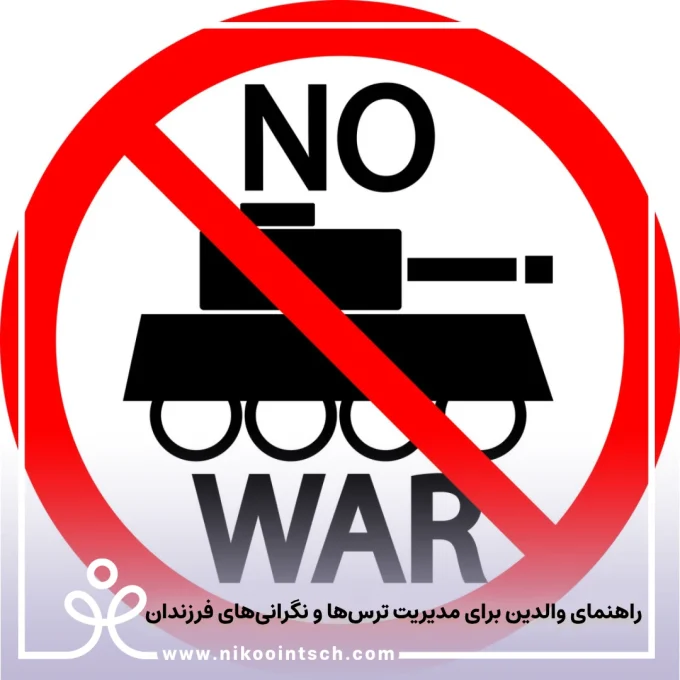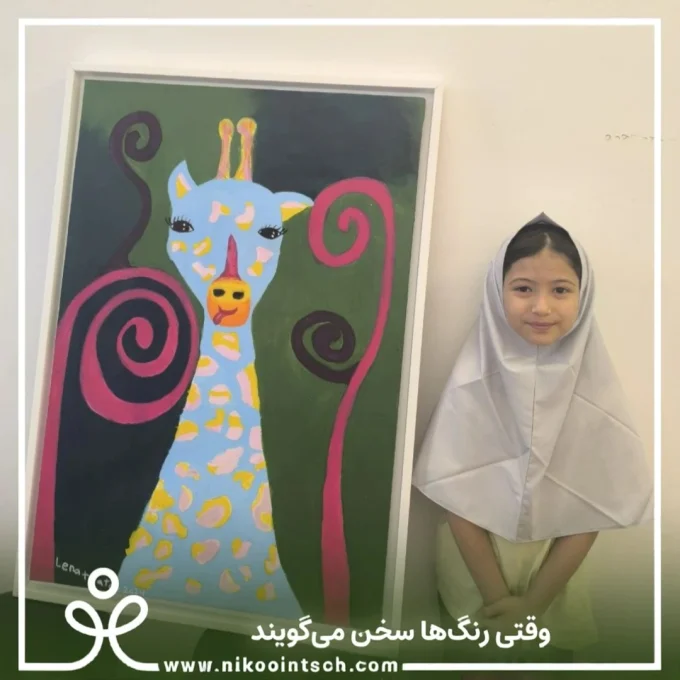Author: Mr. Ebrahim Aslani
Cultural and Educational Psychologist
An Overview of Effective Communication Factors in Iranian Families
One of the most important functions of the family is its role in shaping communication. Children become acquainted with internal and external communications in the family environment and develop their communication skills in later stages of life based on these teachings. The issue of “communication” is at the core of many problems in Iranian families. In marital issues, parenting, and intra-family interactions, the main problem is that due to weak communication, the grounds for logical confrontation with issues are reduced. Iranian families need to become familiar with the principles of effective communication, practice them, and apply them in various situations to achieve understanding and intimacy.
What should be done to have effective communication in the family? Using psychological findings and considering the cultural characteristics of Iranian society, I will explain recommendations in the form of 3 principles and 9 keys.
First Principle: Logical Communication
“Communication” in the Iranian family does not take shape correctly because our behaviors are more emotional than logical. Proper communication requires logical behaviors from both parties. Many of the parents’ reciprocal behaviors in response to their children’s words and demands appear logical, but they are one-sided logic! That is, “the logic of the elder dominating the younger.” Since parents think they know more, have more experience, have faced more life challenges, and can better judge what’s in their children’s best interest, they allow themselves to respond to any request or statement based on their logic. How is it possible to behave logically?
Key 1: Avoiding Emotional and Excited Behavior
One of the most important necessities for reforming our culture is to practice logical behaviors. The more we learn to be logical, the more correctly we will behave. Avoiding emotional and excited behavior, above all, requires “having clear goals” in life. “Ambiguity” is also one of our cultural characteristics. Because we do not know precisely: why we live, what we are looking for, what goals we have, and what paths we should foresee and follow to achieve our goals. Therefore, we behave confusedly and chaotically. Having clear goals in life strengthens logical behaviors.
Key 2: Understanding Values and Priorities
Having clear goals provides the opportunity to better understand life’s values and, more importantly, determine priorities. Typically, we think more about values but pay less attention to priorities. Have you ever thought about which aspects among life’s values are priorities and which are secondary? It may seem simple, but sometimes “priorities” are very decisive, and incomplete understanding in this regard causes significant problems. For example, regarding your child, which values are priorities for you in order: healthy physical and mental growth, obedience to elders, maintaining family ties, or academic progress? There are many instances where determining priorities is difficult, but ultimately, a choice must be made.
In Iranian families, logical communication is less common, and most behaviors are emotional. To improve communication, one should act based on logic, with clear goals, understanding values and priorities, and conversation skills. These include non-emotional behavior, recognizing values and priorities, and developing conversation skills such as listening and adhering to the principles of dialogue.
Mr. Ebrahim Aslani

Key 3: Conversation Skills
In many cases, logical communication requires the use of conversation skills. Individually, within the family, and socially, we need to understand the importance of conversation and engage in continuous learning and practice. Promoting conversation skills within the family requires the following prerequisites:
- Expanding verbal communication within the family
- Enhancing the ability to listen well
- Reducing barriers to initiating conversation
- Adhering to the principles of dialogue
- Practicing tolerance
🔔Reading the two-volume book “The Iranian Family” and the subsequent parts of this article by the same author is recommended. In the second volume of this series, particularly in the fifth section titled “The Iranian Family and Modern Educational Knowledge,” the needs and requirements of Iranian families for facing future challenges and issues are discussed in detail. This book is published by the Parents and Teachers Association Publishing House.












